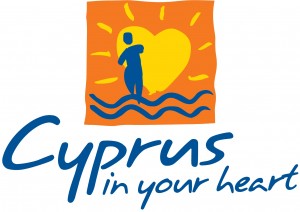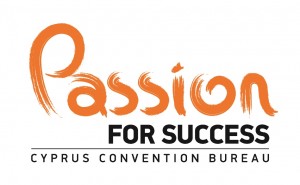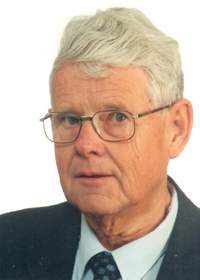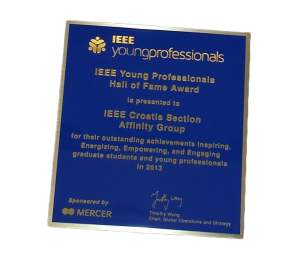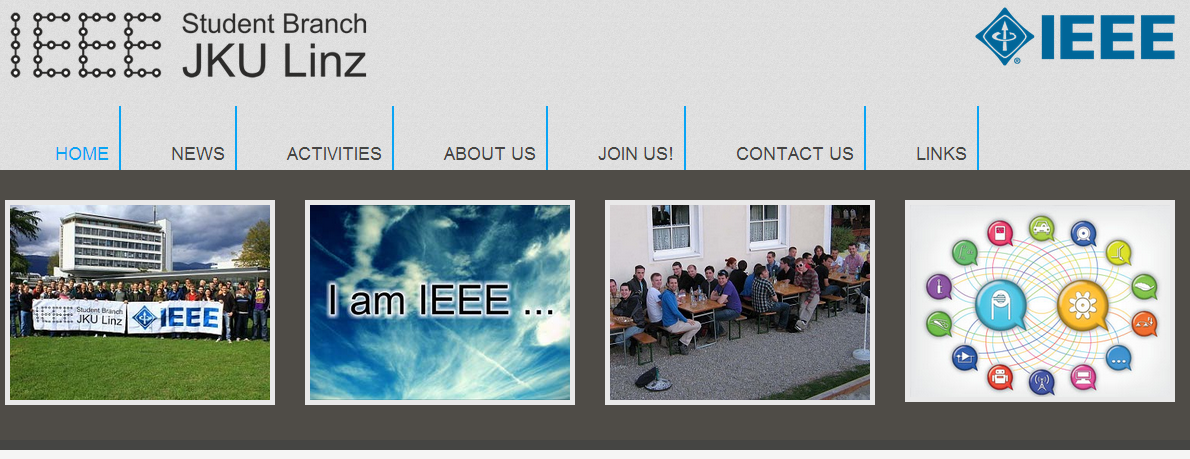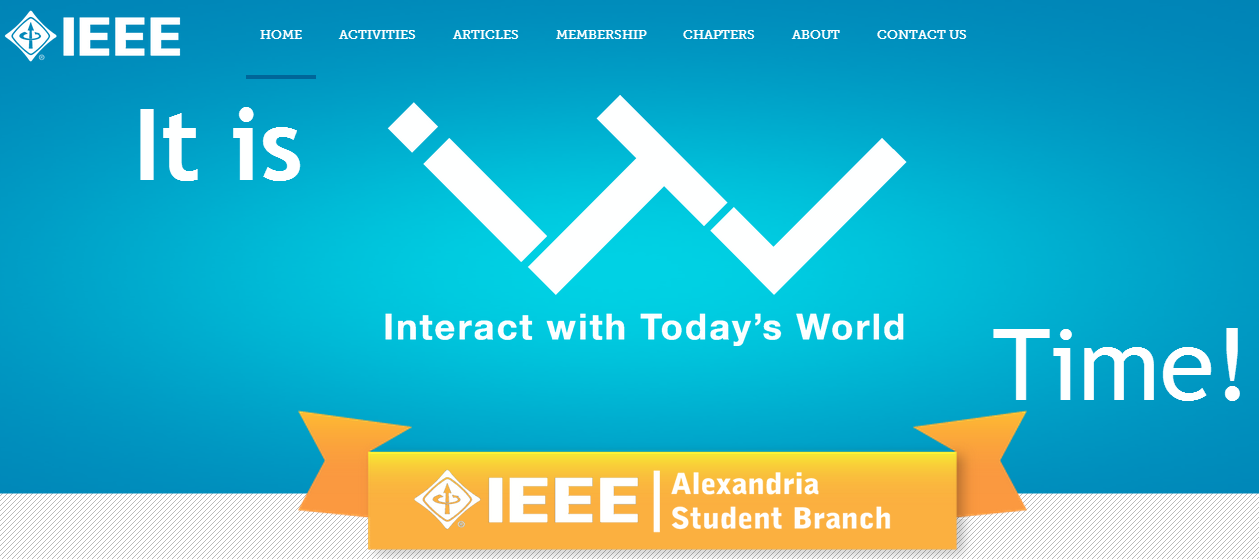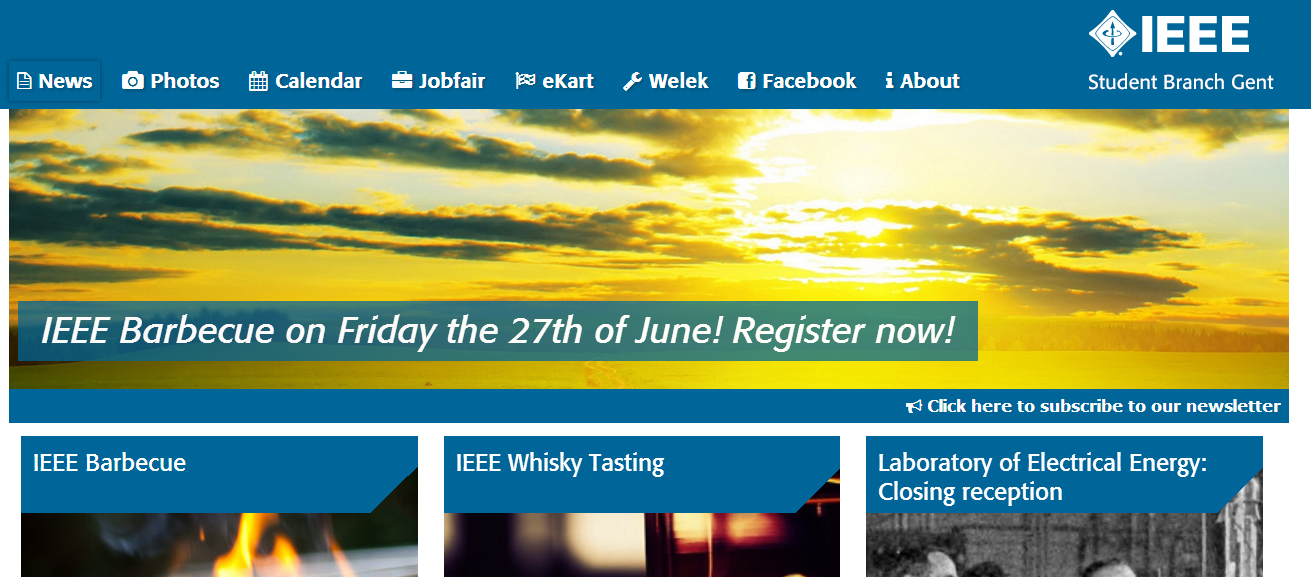There are many times when I tell the people that I am doing a PhD in bioinformatics, they are looking at me a bit weird like they don’t even know what that means. The simplest reply that I usually give is the analysis of biological data using informatics.
Nowadays there is a vast majority of biological technologies and developments (Next Generation Sequencing technologies) to extract information (genetic data) from humans and other species. These technologies are improving and they are becoming cheaper, more and more every day. However, even if we have millions of data, if we are not able to analyze, handle and understand them, they are useless.
This is the exact point that bioinformatics, an interdisciplinary science that involves biology, informatics, genetics, mathematics and chemistry comes to solve this problem. Things in bioinformatics could be done fast compared to the wet lab experiments that could take ages to finish and even if they finish, sometimes you need to rerun them because something went wrong in the process. However, one may think that reformatting, analyzing the data and producing graphs could be a bit boring but the real fun comes when you do understand the graphs and you make the real connection with biology.
To give an example, one of the goals of population geneticists is to analyze the data (e.g. through statistics) that will provide information about specific regions in the DNA that have a story to tell us. Identifying regions and as a consequence genes and even further pathways (networks of genes) in controls (healthy people) and cases (diseased people) can help to the earlier diagnosis of a disease such as diabetes which is one of the leading diseases, the prevalence of which is increasing more and more.
From Biology -> Informatics or from Informatics -> Biology?
How to get there?
In my opinion pure bioinformaticians like me are the ones that have the real problem (gap). This is because they don’t have a deep knowledge neither in biology nor informatics. The work of a biologist can’t be completely done without the help of a (bio-) informatician or the other way around. The reason for this is the following: the biologist will produce the results in the lab, but once he has the data he is unable to analyze and interpret them. Computational modeling of a biological system or the statistical analyses of a large-scale datasets are of crucial importance to provide a more general biological overview rather than just an opinion on the specific experiment under the specific parameters, limitations and even environmental conditions of the lab.
The question or statement that is pointed out usually from students is “Bioinformatics seems really difficult! I really don’t know if I can manage”.
The main aspect that someone needs to think is what it is more on demand in the job market. Obviously the technical knowledge and expertise of a bioinformatician are the skills that are required the most, in positions both in academia and industry and most of the times with a very good salary. However, this is not a sufficient reason to follow bioinformatics. One should ask oneself what it is the reason that he would like to follow this field (a question that you will probably be asked in many interviews as well). As Galileo Gakilei said: “Passion is the genesis of genius”.
Now how you will realize that you like bioinformatics? Certainly, you can’t become passionate just from one course in the university. There are many things that you can do to help you understand this. The first and probably the easiest is to go to different conferences and seminars that will help you open your mind and see a different world. There you will have the opportunity to attend presentations from people with different backgrounds in the field of bioinformatics, each of who sees things from a little different perspective.
In the beginning of the conference you may feel that you don’t understand anything. However don’t get nervous or disappointed, this might be because the projects are too complicated with too much information. However, there is also the possibility that the speakers don’t explain their work well. Many researchers even though they are extremely intelligent, they find it amazingly difficult to describe their work to a third person. Have in mind that even if bioinformatics is an multidisciplinary field, in a presentation you need to keep as much as possible the parts of informatics, biology etc separately in order to give the opportunity to the others (informatician, biologists etc) to understand their part.
The most crucial point for you in such conferences is to meet these people, talk with them, get advice and feedback on the field: what you could follow exactly in bioinformatics (genomics, proteomics etc) according to your interests? information about well known universities and even possible scholarships for which could apply. Have in mind that fellowships and awards are things that will make your CV distinct among the million others that have applied for the same job.
There is also always google and books to get more informed about bioinformatics but it is less interesting rather than getting to know people or students that had these experiences themselves. You have fun, get informed and grow up your communicational circle, all at the same time.
What about Marie Curie?
Previously I talked about scholarships. Having the honor to be a Marie Curie ambassador, as a fellow of the Marie Skłodowska-Curie Actions and more specifically of the Innovative Training Networks (ITN)http://intercrossing.wikispaces.com/, I will talk a bit more about this. Marie-Curie scholarships named after the Polish-French researcher Marie Skłodowska-Curie actions (MSCA), being the first woman that won a Nobel Prize is probably the best and the most well paid fellowship in Europe. Getting such a fellowship can be very difficult as it is a very competitive program
The goal of MSCA is to train researchers at all stages of their career, independent of nationality offering them experiences both in academy and private sectors not only on bioinformatics but training on organizational, communicational and diplomatic skills as well. The knowledge and the expertise that one will acquire from a MSCA fellowship will make him appealing and attractive in the long-term future.
I received my degree from Greece in the field of Computational and Biomedical informatics in the University of Central Greece, I was then awarded with a BBSRC fellowship to attend the Master of Research in Computational Biology in the University of York, UK and immediately after that I was awarded with the Marie Curie scholarship which will allow me to complete my doctoral in almost one year and half gaining experience both in academia (University of Joseph Fourier, Grenoble and University of St.Andrews, UK) and industry (Era7, Granada Spain).
As an IEEE member and Marie-Curie fellow, I support and encourage the students to think about bioinformatics. I am more than happy to give further advice and information from my small experience in the field
([email protected]
http://intercrossing.wikispaces.com/Alexandra+Vatsiouhttps://sites.google.com/site/alexvatsiou/)
Alexandra Vatsiou
 Click here for the Region 8 Committee Group PhotoSections Congress 2014 Information
Click here for the Region 8 Committee Group PhotoSections Congress 2014 Information
